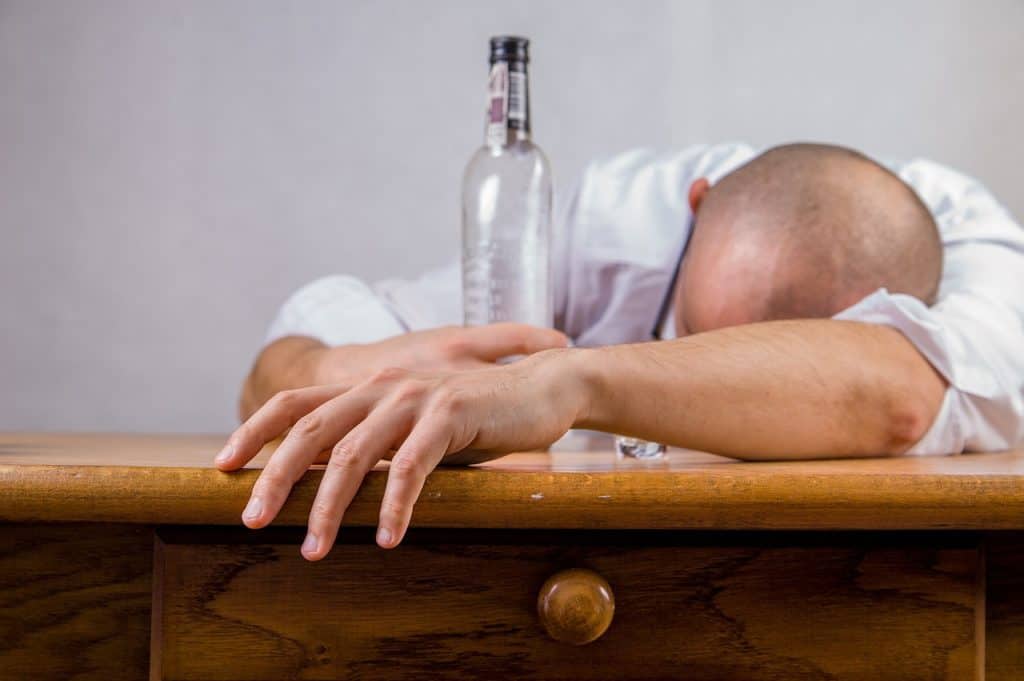Substance Abuse

Symptoms of Substance Abuse
Abused substances include prescription medications (such as opioid painkillers, ADHD medications, and sedatives), recreational or street drugs (such as marijuana, methamphetamines, and cocaine), and alcohol (beer, wine, and liquor). Some warning signs that your substance use and mental health are correlated if,
- You use alcohol or drugs to cope with unpleasant memories or feelings, to control pain or the intensity of your moods, to face situations that frighten you, or to stay focused on tasks?
- Have you noticed a relationship between your substance use and your mental health? For example, do you get depressed when you drink? Or drink when you’re feeling anxious or plagued by unpleasant memories?
- Has someone in your family grappled with either a mental disorder or alcohol or drug abuse? Do you feel depressed, anxious, or otherwise out of balance even when you’re sober?
- Have you previously been treated for either your addiction or your mental health problem? Did the substance abuse treatment fail because of complications from your mental health issue or vice versa?
When to Seek Help
A substance abuse problem is not defined by what drug you use or the type of alcohol you drink, though. Rather, it comes down to the effects your drug or alcohol use has on your life and relationships. In short, if your drinking or drug use is causing problems in your life, you have a substance abuse problem.
To help you spot the signs of a substance abuse problem, answering the following questions may help. The more “yes” answers you provide, the more likely your drinking or drug use has become a problem.
- Have you ever felt you should cut down on your drinking or drug use?
- Do you need to use more and more drugs or alcohol to attain the same effects on your mood or outlook?
- Have you tried to cut back, but couldn’t?
- Do you lie about how much or how often you drink or use drugs?
- Are you going through prescription medication at a faster-than-expected rate?
- Have your friends or family members expressed concern about your alcohol or drug use?
- Do you ever feel bad, guilty, or ashamed about your drinking or drug use?
- Have you done or said things while drunk or high that you later regretted?
- Has your alcohol or drug use caused problems at work, school, or in your relationships?
- Has your alcohol or drug use gotten you into trouble with the law?
Forms of Treatment
Treatment for substance abuse may include detoxification (Include inpatient and outpatient settings), managing of withdrawal symptoms, behavioral therapy, and support groups to help maintain your sobriety.
What to Expect from Therapy
- 12-Step facilitation therapy aims to promote continued abstinence by engaging people in recovery with 12-Step peer support groups. Meetings are hosted by several different 12-Step fellowships varieties, including Alcoholic Anonymous and Narcotic Anonymous.
- Cognitive Behavior Therapy, Dialectical Behavior Therapy, Rational Emotive Behavior Therapy and Motivational interviewing are some evidence based treatment strategies to support substance abuse, addiction and mental health. Look for a therapist who specializes in this form of treatment.
